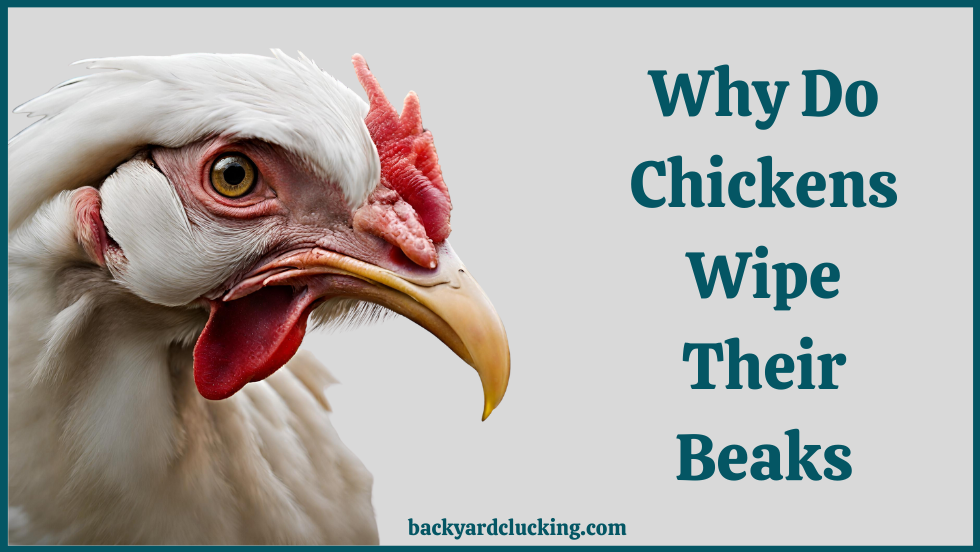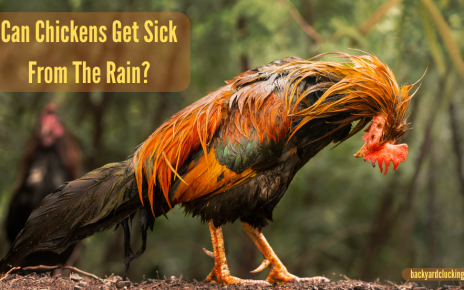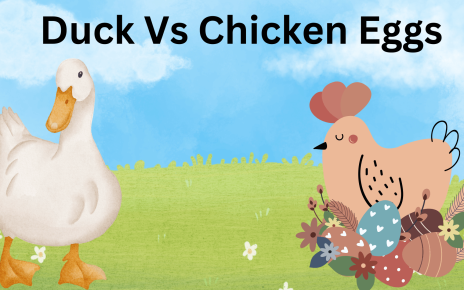As an animal behavior expert, I’d like to explore the exciting practice of chickens wiping their beaks. This common behavior can be observed in both wild and domestic chickens, and understanding more about it can help chicken owners and those interested in chicken behavior gain insights into their beloved birds.
A Detailed Explanation of Beak Wiping Behavior
Chickens often wipe their beaks on the ground, perches, or nearby objects after foraging or feeding. This is a natural and instinctive behavior which serves multiple purposes:
- Cleaning: Chickens use their beaks to eat and investigate their surroundings. After picking up and consuming food or probing different objects, their beaks can become dirty or covered with sticky substances. Wiping behavior helps remove leftover food particles and debris from the beak, which can also reduce the risk of infections and parasites.
- Maintenance: By rubbing their beaks, chickens can keep them sharp and in good condition. This is important for breaking down and consuming food more effectively and defending themselves against potential predators.
- Communication: Beak wiping can also be a social cue among chickens. It can indicate that the bird has discovered something new or different in its environment. Additionally, dominant roosters may perform this behavior after a successful dust-up to demonstrate their victory.
Physical and Environmental Factors Influencing Beak Wiping Behavior
Several factors can affect the frequency and intensity of beak wiping among chickens, including:
- Diet: Chickens fed with wet or sticky foods, such as cooked vegetables and fruits, may exhibit more beak wiping as they need to clean their beaks more often.
- Environment: In dirtier environments or muddy areas, chickens may need to wipe their beaks more frequently to remove accumulated grime.
There might be some variation in wiping behavior among different breeds of chickens and during various stages of development. However, most of these variations are likely influenced by the abovementioned factors rather than by inherent breed characteristics.
Utility of Beak Wiping in the Wild and on Farms
In the wild kingdom, beak-wiping behavior is essential for maintaining the beak’s health and functionality. It helps the bird consume food more effectively and affects social interactions.
On farms, this behavior serves similar purposes, and chicken owners need to observe and understand the behavior to ensure the wellbeing of their flocks.
Human intervention in the lives of chickens, such as changing their feed or living conditions, can impact their beak-wiping behavior. For example, introducing a new type of feed may initially increase the frequency of beak wiping as the chickens adjust to the change.
How do chickens sharpen their beaks?
In addition to wiping their beaks, chickens also use other methods to keep them sharp. They can sharpen their beaks by rubbing them against complex objects like rocks or metal bars and on rough surfaces like branches and tree trunks.
This behavior may also indicate that the birds are looking for additional minerals in their diet or preparing themselves for a fight. Chickens can also sharpen their beaks by preening, using their beak and tongue to groom the feathers.
This helps them keep their beak in good condition while removing dirt and parasites from the plumage.
Understanding chickens and their behaviors can help us better appreciate our feathered friends and ensure they remain healthy and happy.
Practical Tips for Chicken Owners
To help ensure the comfort and wellbeing of their chickens, owners should consider the following tips:
- Provide plenty of opportunities for chickens to use beak wiping, such as offering perches or strategically placing objects around their living space.
- Ensure a clean environment, as excessive dirt and clutter can unnecessarily increase the need for beak wiping.
- Monitor the health of chickens’ beaks, watching for any signs of infection, damage, or abnormal growth.
- If any adverse changes to the beak wiping behavior are observed, such as excessive wiping or damage to the beak, consult a veterinarian for advice.
Conclusion
Chickens regularly engage in beak-wiping behavior, which serves multiple purposes. The frequency of this behavior is affected by factors like diet and environment, and chicken owners should carefully monitor it to help ensure the birds’ health and wellbeing. Chickens can remain healthy and happy for years with proper care and attention.
In addition to understanding beak-wiping behavior, providing chickens with the proper nutrition and environment is essential. Ensuring their feed is adequately balanced and providing them with plenty of room to forage can help promote long-term health and wellbeing.
Introducing new toys or objects into the living space can also give chickens something to explore and help keep them entertained.
Chicken owners can better understand and appreciate these magnificent creatures by taking these steps and observing their behavior.
Finally, it is always essential to consult a veterinarian if any concerns arise regarding chickens’ health. With proper care and understanding, chickens can lead happy and fulfilling lives in our homes.




